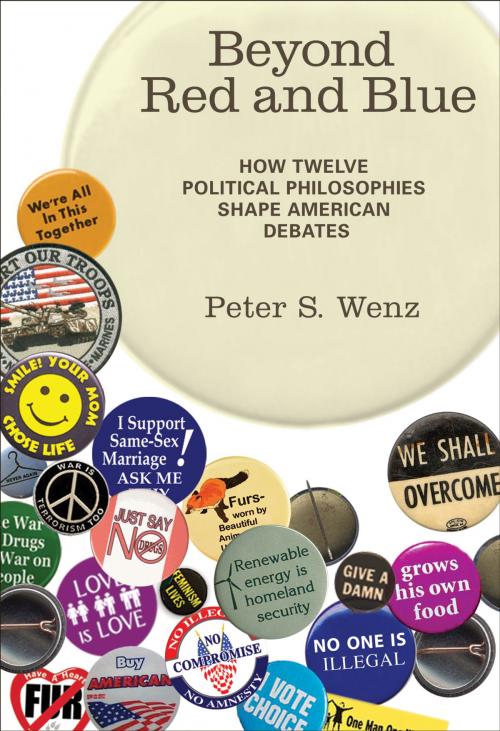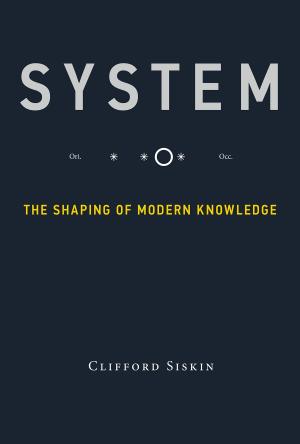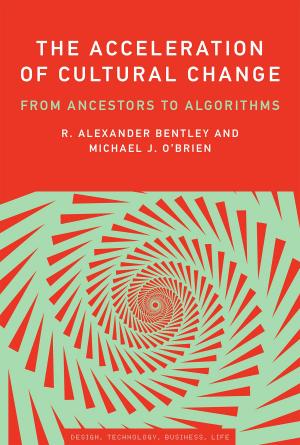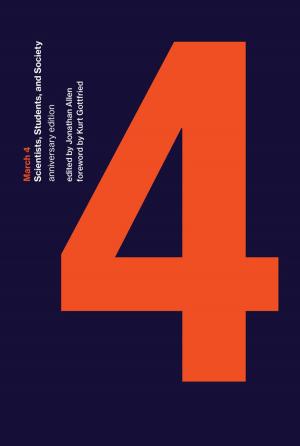Beyond Red and Blue
How Twelve Political Philosophies Shape American Debates
Nonfiction, Social & Cultural Studies, Political Science, Government, Democracy, Religion & Spirituality, Philosophy, Political| Author: | Peter S. Wenz | ISBN: | 9780262261272 |
| Publisher: | The MIT Press | Publication: | February 10, 2012 |
| Imprint: | The MIT Press | Language: | English |
| Author: | Peter S. Wenz |
| ISBN: | 9780262261272 |
| Publisher: | The MIT Press |
| Publication: | February 10, 2012 |
| Imprint: | The MIT Press |
| Language: | English |
Why Americans do not divide neatly into red and blue or right and left but form coalitions across party lines on hot-button issues ranging from immigration to same-sex marriage.
On any given night cable TV news will tell us how polarized American politics is: Republicans are from Mars, Democrats are from Canada. But in fact, writes Peter Wenz in Beyond Red and Blue, Americans do not divide neatly into two ideological camps of red/blue, Republican/Democrat, right/left. In real life, as Wenz shows, different ideologies can converge on certain issues; people from the right and left can support the same policy for different reasons. Thus, for example, libertarian-leaning Republicans can oppose the Patriot Act's encroachment on personal freedom and social conservatives can support gay marriage on the grounds that it strengthens the institution of marriage.
Wenz maps out twelve political philosophies—ranging from theocracy and free-market conservatism to feminism and cosmopolitanism—on which Americans draw when taking political positions. He then turns his focus to some of America's most controversial issues and shows how ideologically diverse coalitions can emerge on such hot-button topics as extending life by artificial means, the war on drugs, the war on terrorism, affirmative action, abortion, same-sex marriage, health care, immigration, and globalization.
Awareness of these twelve political philosophies, Wenz argues, can help activists enlist allies, citizens better understand politics and elections, and all of us define our own political identities.
Why Americans do not divide neatly into red and blue or right and left but form coalitions across party lines on hot-button issues ranging from immigration to same-sex marriage.
On any given night cable TV news will tell us how polarized American politics is: Republicans are from Mars, Democrats are from Canada. But in fact, writes Peter Wenz in Beyond Red and Blue, Americans do not divide neatly into two ideological camps of red/blue, Republican/Democrat, right/left. In real life, as Wenz shows, different ideologies can converge on certain issues; people from the right and left can support the same policy for different reasons. Thus, for example, libertarian-leaning Republicans can oppose the Patriot Act's encroachment on personal freedom and social conservatives can support gay marriage on the grounds that it strengthens the institution of marriage.
Wenz maps out twelve political philosophies—ranging from theocracy and free-market conservatism to feminism and cosmopolitanism—on which Americans draw when taking political positions. He then turns his focus to some of America's most controversial issues and shows how ideologically diverse coalitions can emerge on such hot-button topics as extending life by artificial means, the war on drugs, the war on terrorism, affirmative action, abortion, same-sex marriage, health care, immigration, and globalization.
Awareness of these twelve political philosophies, Wenz argues, can help activists enlist allies, citizens better understand politics and elections, and all of us define our own political identities.















